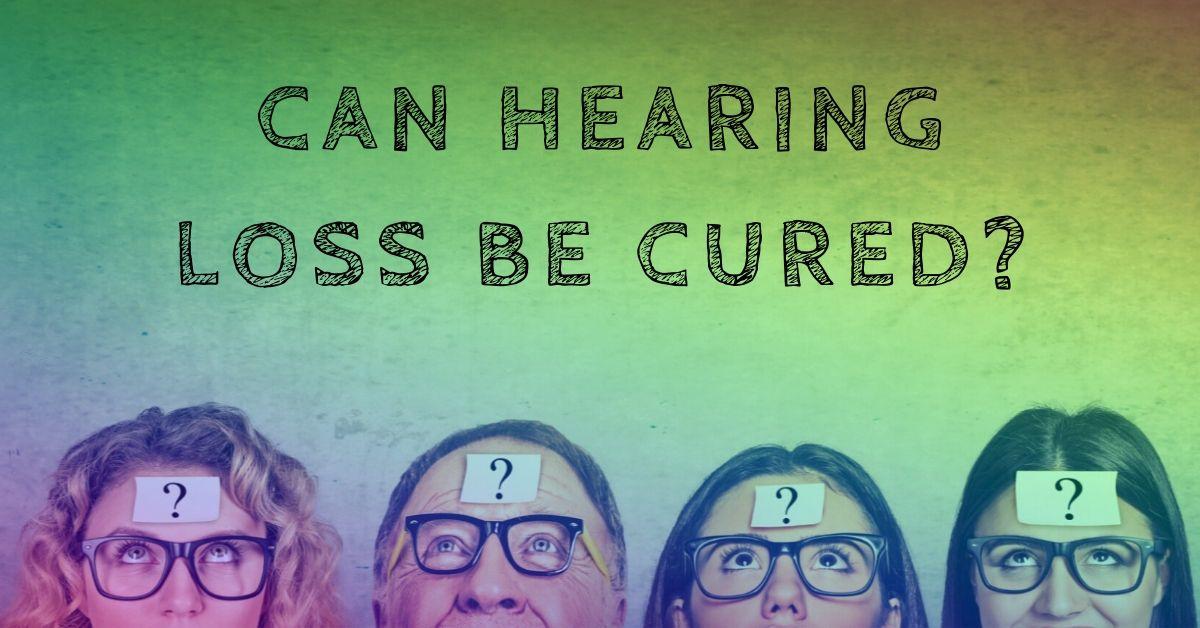Most hearing loss is sensorineural, which relates to the destruction of so-called hair cells in the inner ear. These hair cells sense sound waves and then relay the information to the brain. As a person’s inner ear loses hair cells, he or she loses the ability to transfer sound signals to the brain to be processed.
The only way to treat this kind of hearing loss medically is through cochlear implantation. Scientists are, however, currently researching how to regenerate the damaged inner ear cells. If the research becomes successful, it will change the lives of the millions of people who are now dealing with hearing loss and want to hear again.
A hearing cure on the way?
Columbia University’s Department of Otolaryngology-Head and Neck Surgery is one of three centers worldwide conducting a clinical trial that uses cellular regeneration to treat hearing loss.
“We hope the procedure will one day allow doctors to regrow the vital hair cells involved in hearing, perhaps even eliminating the need for hearing aids and cochlear implants,” noted Dr. Lawrence Lustig, Chair of the Otolaryngology Department — Head and Neck Surgery.
Hearing aids for now
While this research is no doubt exciting, the fact remains that it will be at least a decade before we see a successful cure for sensorineural hearing loss. In the meantime, hearing aids remain the most effective methods for managing mild to moderate hearing loss.
A hearing aid amplifies waves of sound that penetrate the ear. Surviving hair cells in the ear sense the more significant vibrations and turn them into electrical signals transmitted to the brain.
If you are not sure if you’d benefit from hearing aids or not, then you’re not alone. Roughly 48 million Americans are estimated to live with some form of hearing loss, but only about 20 percent of them are wearing a hearing aid.
Nevertheless, hearing aids will bring significant benefits to the quality of life, providing improved physical and mental health. Here are some of the benefits of using hearing aids currently widely available on the market:
Benefit #1: Improved earning power
According to research, people with hearing loss to have less earning power than those who do not. More than 90 percent of people with mild untreated hearing loss was likely to suffer a decrease in their earnings. In comparison, those with moderate or severe hearing loss were more than 70 percent risk, according to studies by the Better Hearing Institute.
The reasons for this are not completely clear, but the researchers believe that it may be linked to the ability of a person to communicate: those who can hear what the people around them are saying are more likely to impress their colleagues and be promoted by their superiors.
Benefit #2: Reduce cognitive decline
While everyone experiences a sure mental decline as they age, people with hearing loss are at a higher risk than others.
Academics at the Johns Hopkins School of Medicine discovered that people with mild hearing loss are twice as likely to develop dementia. Individuals with moderate hearing loss are three times as likely, and those with severe hearing loss have a five-fold likelihood of developing dementia as they age.
The good news is that people using hearing aids to combat their hearing loss will almost eliminate that risk. A 25-year analysis found that while people with hearing loss have a higher incidence of mental impairment, those who wear hearing aids showed no higher risk than those with normal hearing, according to studies published in the Journal of American Geriatrics.
Benefit #3: Minimize the risk of depression
Untreated hearing loss can adversely affect your mood, particularly if you find it tough to understand others in crowded public environments. Every decibel increase in volume under the age of 70 increases the risk of being alone, a Dutch study found.
In other studies, not using hearing aids constitutes a risk factor for isolation. And there is some evidence that having a hearing aid or a cochlear implant could go some way to preventing the individual from being more isolated.
As hearing loss tends to make people feel anxious or stressed, they will tend to avoid social situations. By improving the ability of the individual to hearing in challenging environments, they are more likely to stick around other people, thus reducing their capacity for social isolation.
So, while the cure for hearing loss is still years away, there is something you can do about your hearing loss right now. And it starts with a hearing test. Contact us today to set one up!

